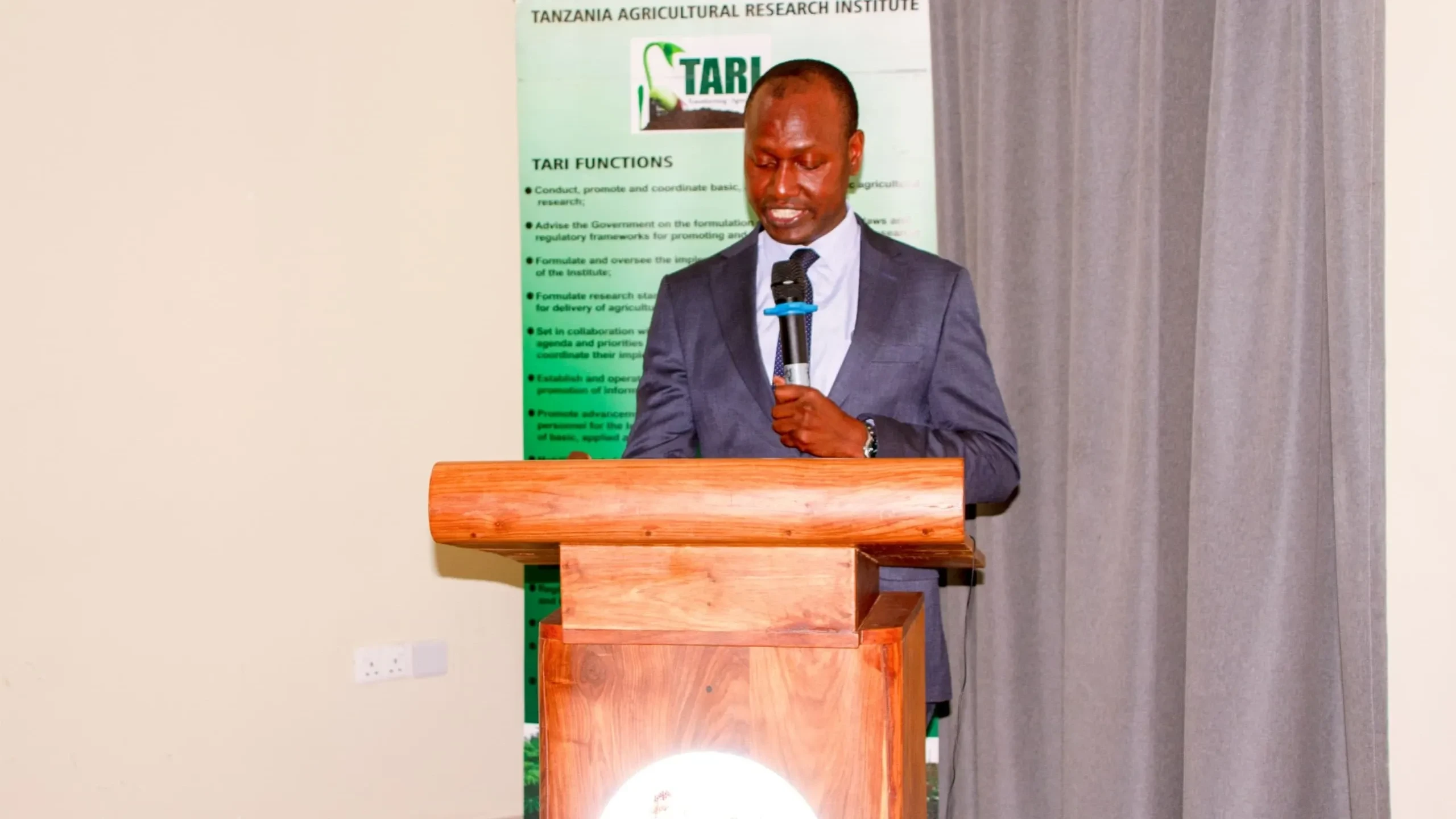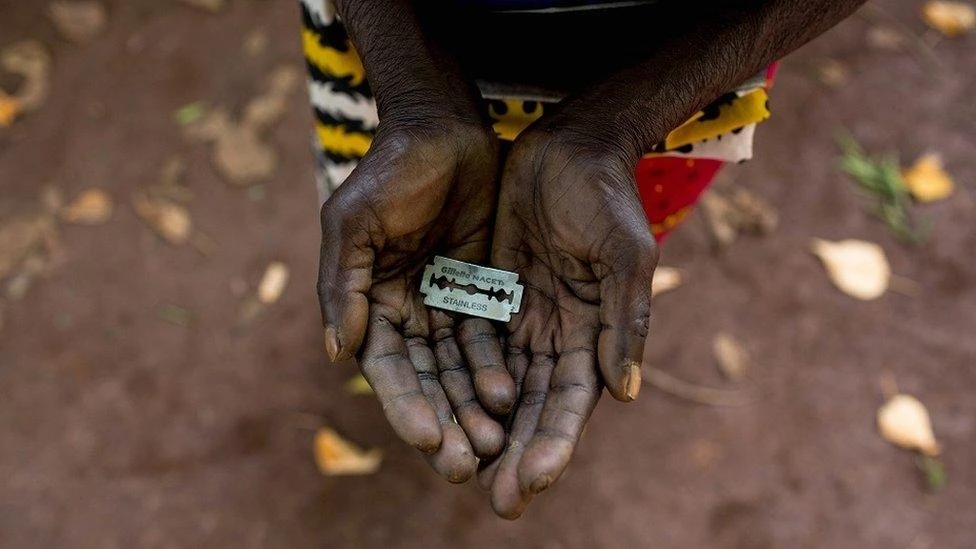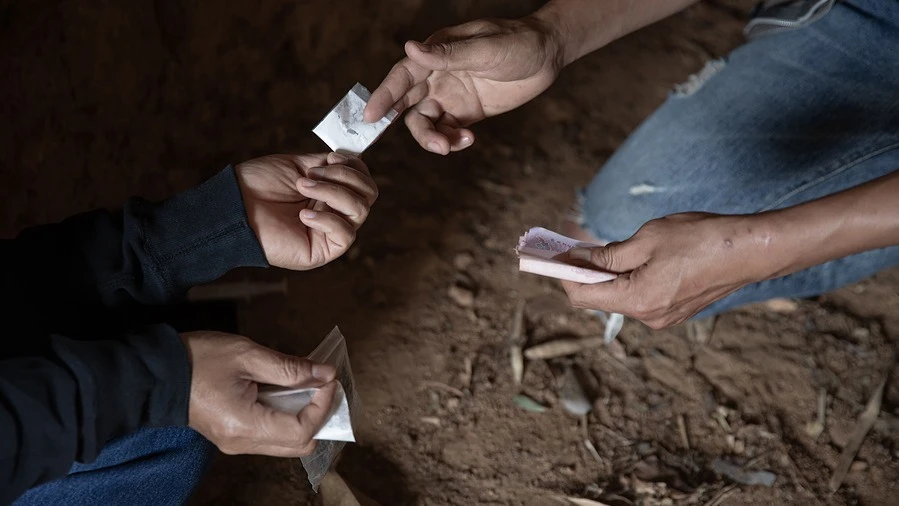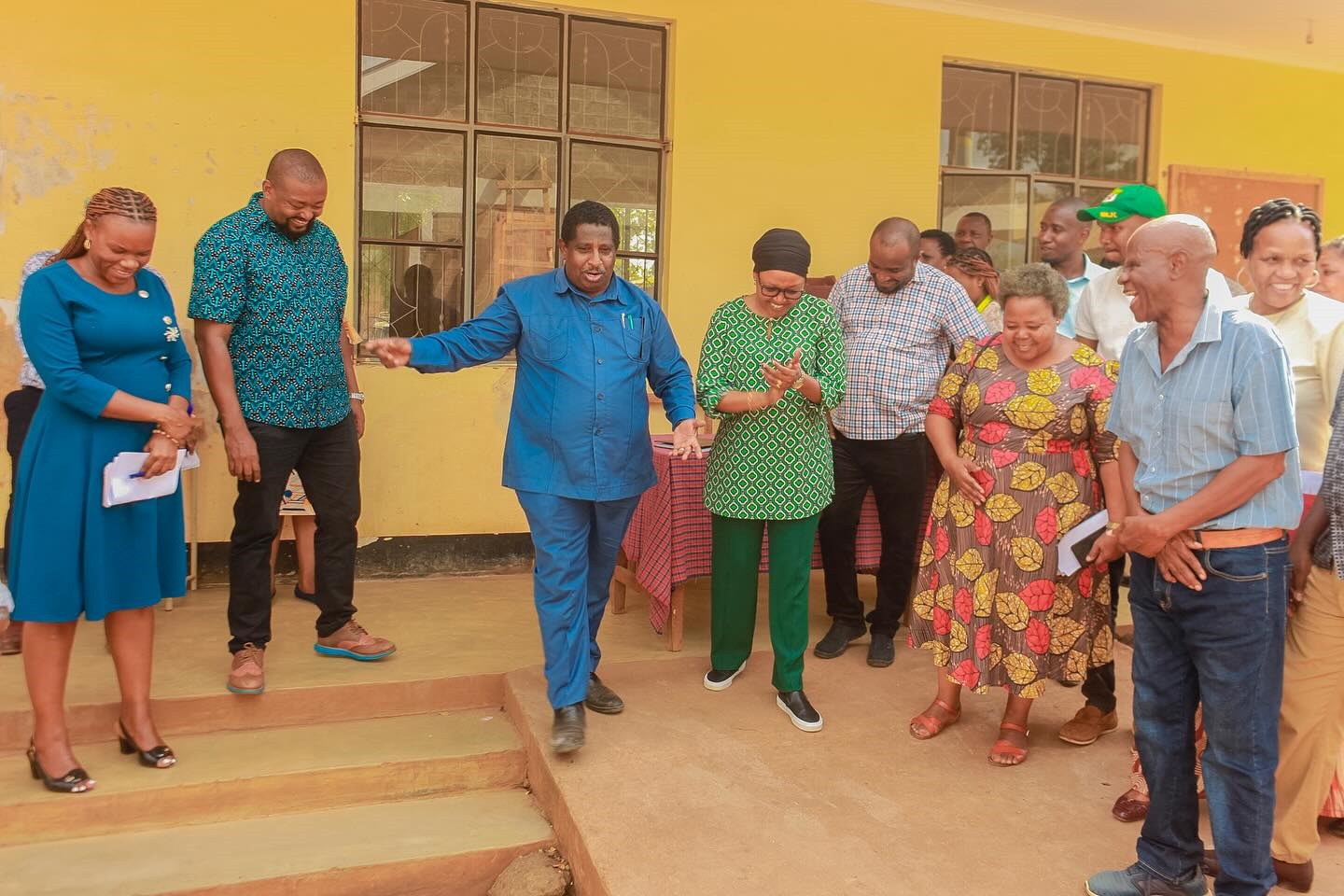‘National crop exports to reach $6bn by 2030’

THE government is working on various strategies aimed at increasing Tanzania's crop export value from the current $2.3bn to $6bn by 2030.
Dr Nyasebwa Chimagu, the director of crop development, disclosed this projection here yesterday at a one-day workshop on 'seed system digitization, variety ordering and licensing.'
Organized by the Tanzania Agricultural Research Institute (TARI), the forum attracted a diverse group of stakeholders in the seed industry, both from within Tanzania and abroad, to explore viable ways to digitize the country’s seed system.
The government plans to implement a series of strategies to enhance the sector’s performance, focusing on scaling up the seed system and increasing productivity, he said.
Tanzania is already producing crops that are in high demand globally, expecting to intensify efforts to boost production and productivity, he said, noting that increased budget allocation for agriculture, now standing at 1.248trn/- will hugely boost production.
Over 80bn/- has been allocated to support the seed sector, to ensure that farmers are provided with sufficient high-quality seed varieties to enhance productivity, he said, noting that as part of ongoing strategies, the government is working to improve the irrigation system, with 400bn/- set aside for the purpose.
Other strategies being implemented include improving the performance of extension services, he said, underscoring the current vision to expand the country's food storage capacity from the current 0.5m tonnes to 3.0m tonnes by 2030.
Realising food security objectives has registered significant strides, as national grain adequacy stands at 128 percent, within range of the 130 percent sufficiency target, he elaborated.
The government is working to expand the number of local seed gene bank facilities, providing a key platform for enhancing biodiversity conservation and supporting resilient and nutritious food systems, he said.
"Gene banks are technical facilities where plants—either as seeds or as plantlets in test tubes—are catalogued, conserved for the long term, and made available to scientists for breeding more nutritious, productive and resilient varieties," the director explained.
Lilian Gichuru, a seed system specialist at the International Maize and Wheat Improvement Center (CIMMYT) also suggested the need for adoption of a digital innovation seed system in Tanzania.
There is a need to strategize a digital platform for channelling important seed information to stakeholders in the country's seed value chain. The target is to maximize capacity of the relevant stakeholders to use available digital seed tools, she stated.
This would also create innovative youth responsive last-minded seed systems to help attract more youth to take up opportunities in the sector, she stated, affirming that adoption of this advanced system will enable seed companies and the relevant policy makers to fast track performance in the sector.
Dr Thomas Bwana, the TARI director general, said that the forum was geared at reviewing progress made by the institute in digitizing seed systems, pointing at the pre-order and pre-book system of early-generation seed, dry-land crop in Tanzania.
Top Headlines
© 2025 IPPMEDIA.COM. ALL RIGHTS RESERVED






















